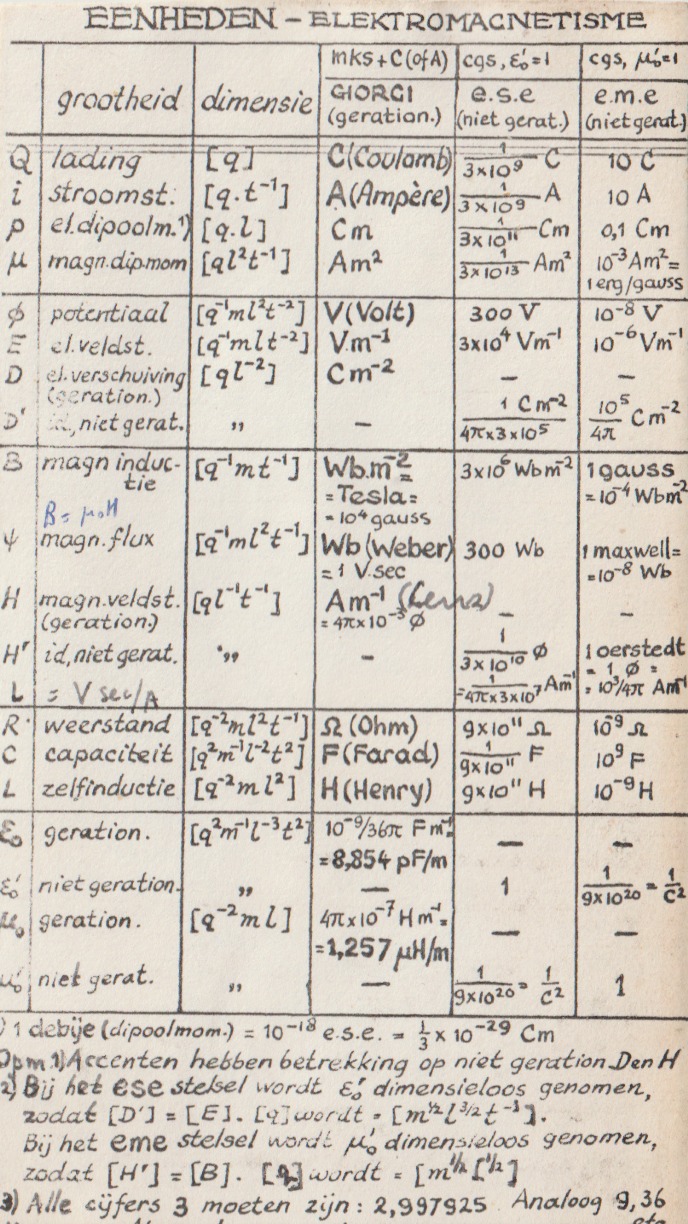Een eerbetoon van em. professor Ton Schoot Uiterkamp aan wijlen professor Berendsen
Herman Berendsen, een onvergetelijke man
Vijftig jaar geleden op 16 maart 1973 verdedigde ik mijn proefschrift. Toevallig viel deze datum samen met de publicatie van een paper over mijn MSc- en PhD-adviseur professor Herman Berendsen. Ik schreef het voor een speciaal nummer van The Protein Journal ter nagedachtenis aan het leven en werk van Herman, die van 1967-1999 hoogleraar biofysische chemie was aan de RUG. Hij stierf in 2019.
Herman was de intelligentste en slimste persoon die ik in mijn professionele carrière heb ontmoet. Hij was ook bescheiden en hij gaf zijn studenten veel vrijheid om hun eigen onderzoeksinteresses na te streven. Hoewel hij zich concentreerde op water in biologische systemen, stond hij me toe om koperionen te bestuderen in de actieve plaats van de zuurstofdrager hemocyanine van slakken.
Herman weigerde co-auteur te zijn van mijn eerste artikel. Hij voerde aan dat de belangrijkste bevinding van het artikel van mij was en dat ik alleen de eer ervoor zou moeten opstrijken. Daarmee leerde hij mij een belangrijke les die ik later in mijn carrière zelf heb toegepast.
Ik verliet Groningen in 1973 en keerde in 1991 terug naar de RUG als hoogleraar milieuwetenschappen. Tot 2019 was ik Hermans collega als hoogleraar en emeritus hoogleraar.
Veel mensen vonden dat professor Herman Berendsen de Nobelprijs voor de Scheikunde 2013 had moeten krijgen voor zijn fundamentele bijdragen aan de ontwikkeling van multischaal modellen zoals Molecular Dynamics (MD). Toch gaf de genereuze en bescheiden Herman op het Nobelprijssymposium van de Royal Physical Society (KNG) in 2013 een uitstekend overzicht van de bijdragen van de drie feitelijke prijswinnaars. Tijdens zijn lezing verwees hij nooit naar zijn eigen sleutelbijdragen aan het veld.
Herman Berendsen was een uitstekende mentor in nieuwsgierigheidsgedreven fundamenteel onderzoek. Zijn cursus informatietheorie inspireerde me tot het schrijven van mijn MSc-scriptie over de informatie-inhoud van DNA. Herman Berendsen speculeerde over de voor- en nadelen van het gebruik van het entropie concept als basis voor het belasten van vervuiling en afval van industriële productie. Ik ben vaak pogingen tegengekomen om entropie te gebruiken voor regelgevende doeleinden in milieuwetgeving, maar deze pogingen zouden om praktische redenen steevast mislukken.
Herman Berendsen was vernieuwend in zijn manier van lesgeven. Hij experimenteerde met computerondersteund onderwijs. Hij produceerde een hele reeks prachtig handgeschreven hand-outs in het formaat van de pagina's van de toen gangbare losbladige Succesagenda (dagboek). (Zie figuur 1)
Lees het volledige artikel van em. professor Ton Schoot Uiterkamp
Figuur 1 Handgeschreven hand-out door Herman Berendsen in de vorm van losbladige Succesagenda

| Laatst gewijzigd: | 28 maart 2023 11:29 |
Meer nieuws
-
10 juni 2024
Om een wolkenkrabber heen zwermen
In Makers van de RUG belichten we elke twee weken een onderzoeker die iets concreets heeft ontwikkeld: van zelfgemaakte meetapparatuur voor wetenschappelijk onderzoek tot kleine of grote producten die ons dagelijks leven kunnen veranderen. Zo...
-
21 mei 2024
Uitslag universitaire verkiezingen 2024
De stemmen zijn geteld en de uitslag van de universitaire verkiezingen is binnen!
